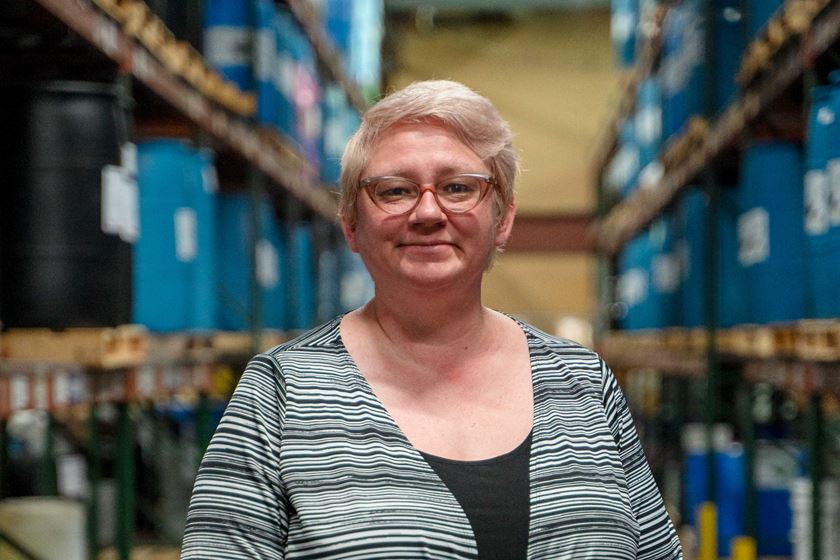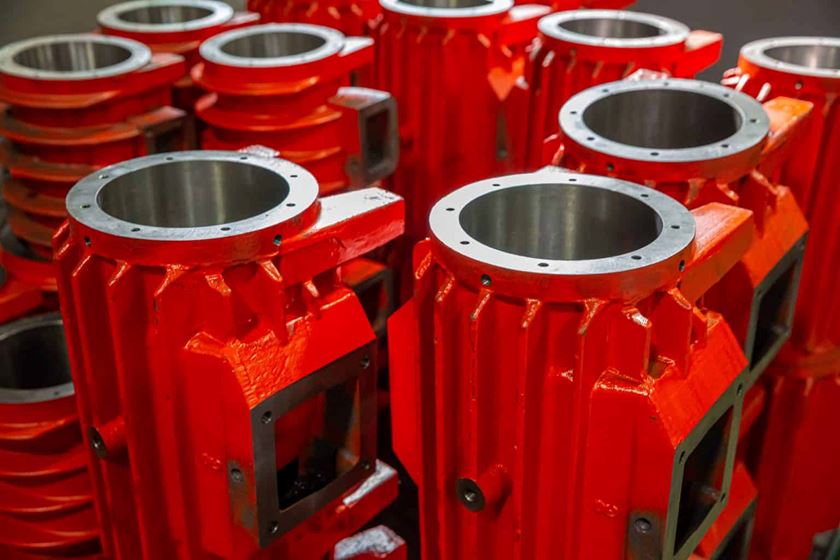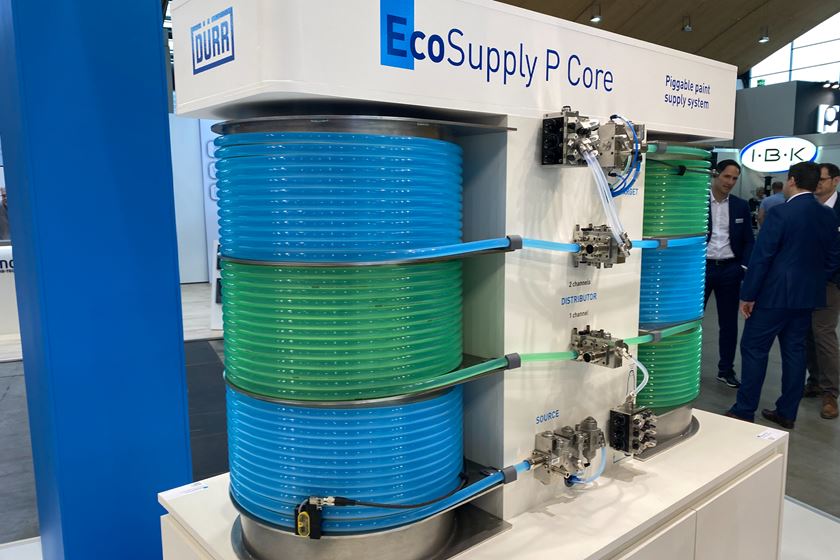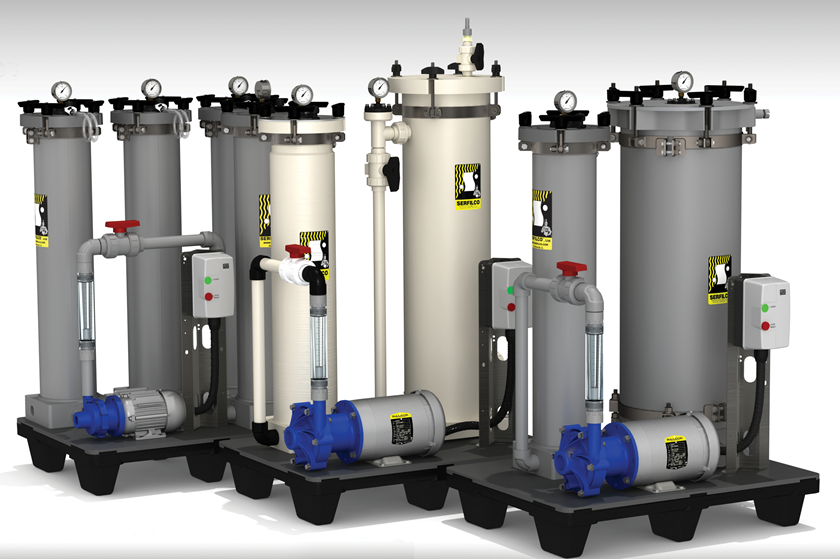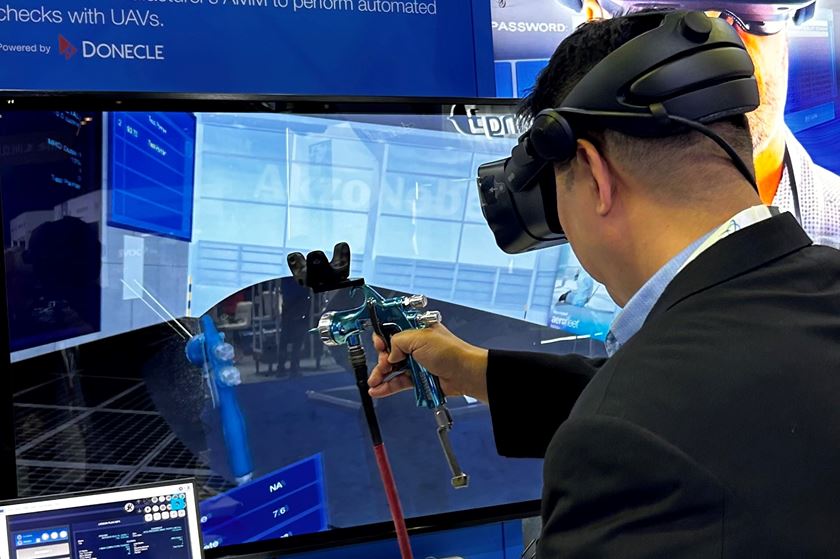Mass. Platers Can Get $30,000 Incentive Grant
Money from TURI is for process conversion from n‐propyl bromide to aqueous for industrial parts cleaning
#pollutioncontrol #masking
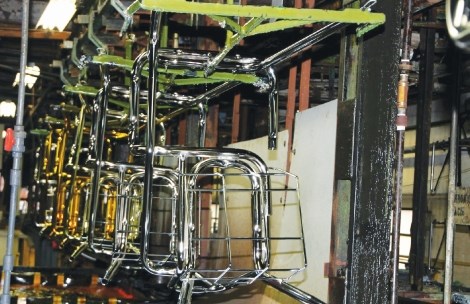
The University of Massachusetts' Toxics Use Reduction Institute (TURI) is offering an incentive grant of up to $30,000 to help offset the cost for a manufacturer to switch from an nPB industrial parts cleaning process to aqueous cleaning. This grant is available to any interested Massachusetts company. Companies that have worked with the TURI Cleaning Lab to identify feasible aqueous cleaning solutions will be given special consideration.
Featured Content
As of 2010, Massachusetts’ facilities in sectors regulated by the Toxics Use Reduction Act (TURA) with ten or more employees are subject to reporting, planning and fee requirements if they use 10,000 pounds or more of nPB annually.
N‐propyl bromide (nPB) is a solvent used in vapor degreasing and metal parts cleaning. Use of nPB has increased as an alternative for solvents like methylene chloride, perchloroethylene (perc), and trichloroethylene (TCE) that have become more strictly regulated.
This trend is of concern as evidence emerges linking nPB to a range of significant human health hazards. In addition, the US Environmental Protection Agency (EPA) classifies nPB as a volatile organic compound (VOC).
Guidelines for grant application include:
- --The aqueous system must be purchased and in use within the grant period (July 1, 2014 through June 30, 2015)
- --Businesses receiving the grant must gather data for use in developing a TURI case study
- --The grantee must be willing to conduct on‐site demonstrations of the new process and share information about aspects of the conversion that contributed to its success
Businesses can apply for the grant by submitting a short letter of intent. Letters of intent to apply for this incentive grant are due by June 30, 2014. Letters of intent and/or questions about this grant opportunity, or other grants available to Massachusetts businesses from TURI, can be directed to:
Pam Eliason, Industry Research Program Manager
Toxics Use Reduction Institute
University of Massachusetts Lowell
600 Suffolk Street, Suite 501
Lowell, MA 01854
T: 978‐934‐3142
E: pam@turi.org
To learn about past industry incentive grants, go to turi.org/incentive_grant
RELATED CONTENT
-
Dis-Charge Your Powder
A practical approach to managing electrostatic problems and hazards during powder coating
-
Fundamentals of Liquid Coatings for Finishing Operations
Before liquid coatings are selected for the industrial finishing line, it is important to have a solid understanding of how a coating works.
-
The Powder Coating Process
Powder coating is one of the most durable finishes that can be applied to industrial manufactured products, and offers excellent corrosion protection and is very safe because of its lack of volatile organic compounds. To understand the powder coating process you should start with the fundamentals.














